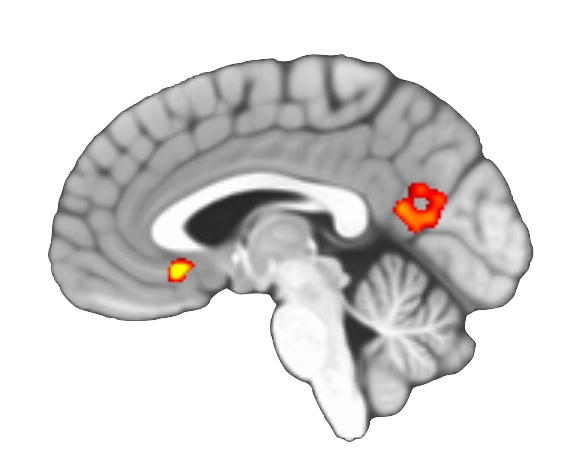Alcohol and Cannabis Use Alter Emotional Processing of Future Events
Thursday, August 27, 2020
Alcohol and cannabis are two of the most commonly abused drugs, and early use puts kids at higher risk of long-term cannabis and alcohol use disorders. Because their brains are still developing, there are substantial concerns about the long-term impacts of substance use. At Boys Town National Research Hospital, we often work with kids with substance use issues and our neurobehavioral research team is working to provide clinicians with a better understand of the impacts of substance use on the brain.
While most people understand that our short-term judgement is impaired under the influence of alcohol or cannabis, there is also evidence that regular substance use leads to longer term impairment in judging good or bad outcomes. With this in mind, the neurobehavioral research team, led by Joseph Aloi, M.D., Ph.D. and James Blair, Ph.D. recently conducted a study of 112 adolescents, 14 to 18 years old. Their goal was to determine the extent the teens' prior alcohol and cannabis use affected how their processing of possible future outcomes.

Figure 1. Brain regions involved in responding to emotional outcomes that are less responsive in those with heavier prior cannabis use.
The researchers found that severity of prior cannabis use, in particular, changed how the adolescent’s brains responded to high-intensity good, or high-intensity bad possible futures. This activity can be seen on brain scans in brain regions known to respond to emotional outcomes.
Representing emotional outcomes well is important. To live well, we need to act to avoid highly negative futures and work towards highly positive ones. The data from this study showed that cannabis use significantly impairs this ability..
This problem also has implications for treatment. When someone comes in for treatment, one of the tools clinicians rely on is the person’s motivation to change drug use. A diminished capacity to imagine and and work towards a positive future identifies yet another difficulty faced by adolescents with a history of high cannabis use.
One thing we don't yet know is how long these changes are. It will be important to determine the extent to which successful treatment, including the Boys Town model, reverses this difficulty.
References
- Aloi, J., Blair, K. S., Meffert, H., et. al. (2020) Alcohol use disorder and cannabis use disorder symptomatology in adolescents is associated with dysfunction in neural processing of future events. Addict Biol; epub ahead of print.
https://doi.org/10.1111/adb.12885
Research Newsletter
Please sign up to receive occasional research news and events emails from Boys Town National Research Hospital.
